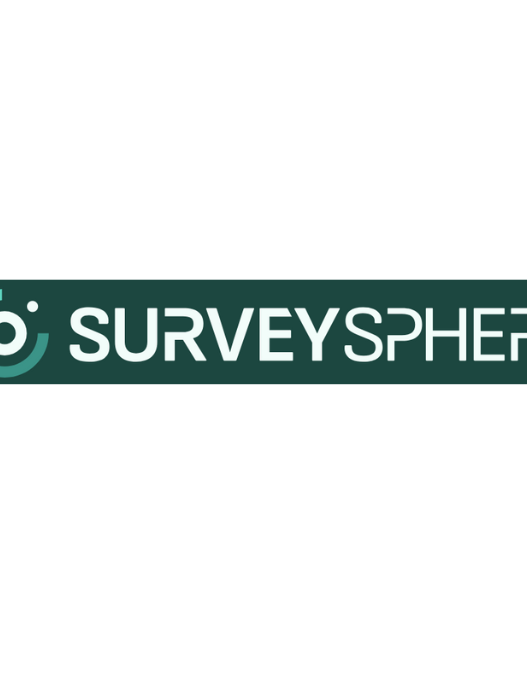By Bobby Idogo
CEO and Founder of RAD Consulting Group
The homeownership landscape is undergoing significant change, driven by rapid technological advancements and the changing expectations of a new generation of buyers. At the forefront of this change are young millennials and Gen Z, who currently make up half of all first-time property buyers. According to Coventry Building Society, lending to first-time home buyers is predicted to reach £71 billion by 2025, a 26% increase from 2023 levels. This makes it essential that we rethink how we approach homeownership to meet the unique needs of this tech-savvy demographic.
Digital-first experiences for a digital-first generation
Having grown up in a digital world, Gen Z and younger millennials expect a technology-first approach to home buying. Traditional methods like browsing physical property listings and meeting with a real estate agent in person are being replaced with immersive online experiences. Virtual tours, AI-powered property searches, and instant communication via live chat are now standard expectations.
For these buyers, mobile apps and user-friendly websites are essential. Property developers and agents need to ensure their platforms are intuitive, fast and engaging. Failing to provide a seamless digital experience can make them lose presence in a competitive market. A prime example is the real estate industry, where online platforms such as Purplebricks, OpenRent and Zoopla have caused major disruption to the industry, but Purplebricks has recently faced its own challenges.
The need for financial education
The younger generation is more tech-savvy but often needs more guidance on the financial complexities that come with home ownership, with many first-time home buyers saying they want clearer information about the additional costs of buying a home, such as stamp duty, legal fees and maintenance costs.
To close this gap, real estate platforms must prioritize financial education by providing accessible resources such as mortgage calculators, instructional videos, and articles about government programs like Help to Buy and Shared Ownership to help first-time homebuyers make informed decisions.
AI-powered personalization and instant communication
Personalization is becoming increasingly important to the modern buyer. AI-powered tools that analyze preferences, budget, and lifestyle can provide customized property recommendations, streamlining the search process and improving satisfaction. This level of personalization matches buyers with properties that fit their specific needs.
Younger generations value the ability to get information in real time without having to wait for a response to an email or phone call, and property developers and real estate agents who invest in these instant communication tools are more likely to capture and retain attention.
Community engagement and peer validation
For Gen Z, community engagement and peer reviews play a key role in their purchasing decision. Platforms that foster a sense of community and allow buyers to connect with others similarly active in the real estate market are highly appealing. Peer reviews, recommendations, and social media endorsements have become key factors in building trust and credibility.
By integrating social media, online forums, or virtual neighborhood meetups into their platforms, real estate companies can create an environment where buyers can exchange insights and experiences. For the younger generation, the opportunity to interact with like-minded people can have a huge impact on their property choices.
Challenges in providing detailed property information
Providing detailed property information is essential because first-time homebuyers rely heavily on online research. From floor plans to local amenities, buyers want to know details that will help them make an informed decision.
Immersive virtual tours are also becoming a powerful tool for showcasing properties. These tours allow buyers to explore the property from the comfort of their own space, giving a more realistic feel for the property than static images. This interactive approach helps bridge the gap between viewing and physical visits, offering convenience without sacrificing the quality of the experience.
Speed and ease of use are key
Gen Z and Millennials share a common expectation of speed and simplicity when it comes to digital experiences. They've grown up in a world where technology is intuitive and fast, and they expect websites and apps to work seamlessly. When using a real estate website, whether they're searching for a property, booking a viewing, or making an offer, they want minimal friction.
For your real estate business, this means making sure your digital platform is optimized for speed and ease of use. Slow websites and apps that are hard to use and navigate will scare away buyers, while a fast, intuitive platform will increase the likelihood of a viewing and a purchase.
Conclusion
As the profile of first-time homebuyers continues to evolve, so too must the strategies adopted by the real estate industry. Embracing technology is no longer an option, it is essential to meet the needs of the digital-first generation.





















